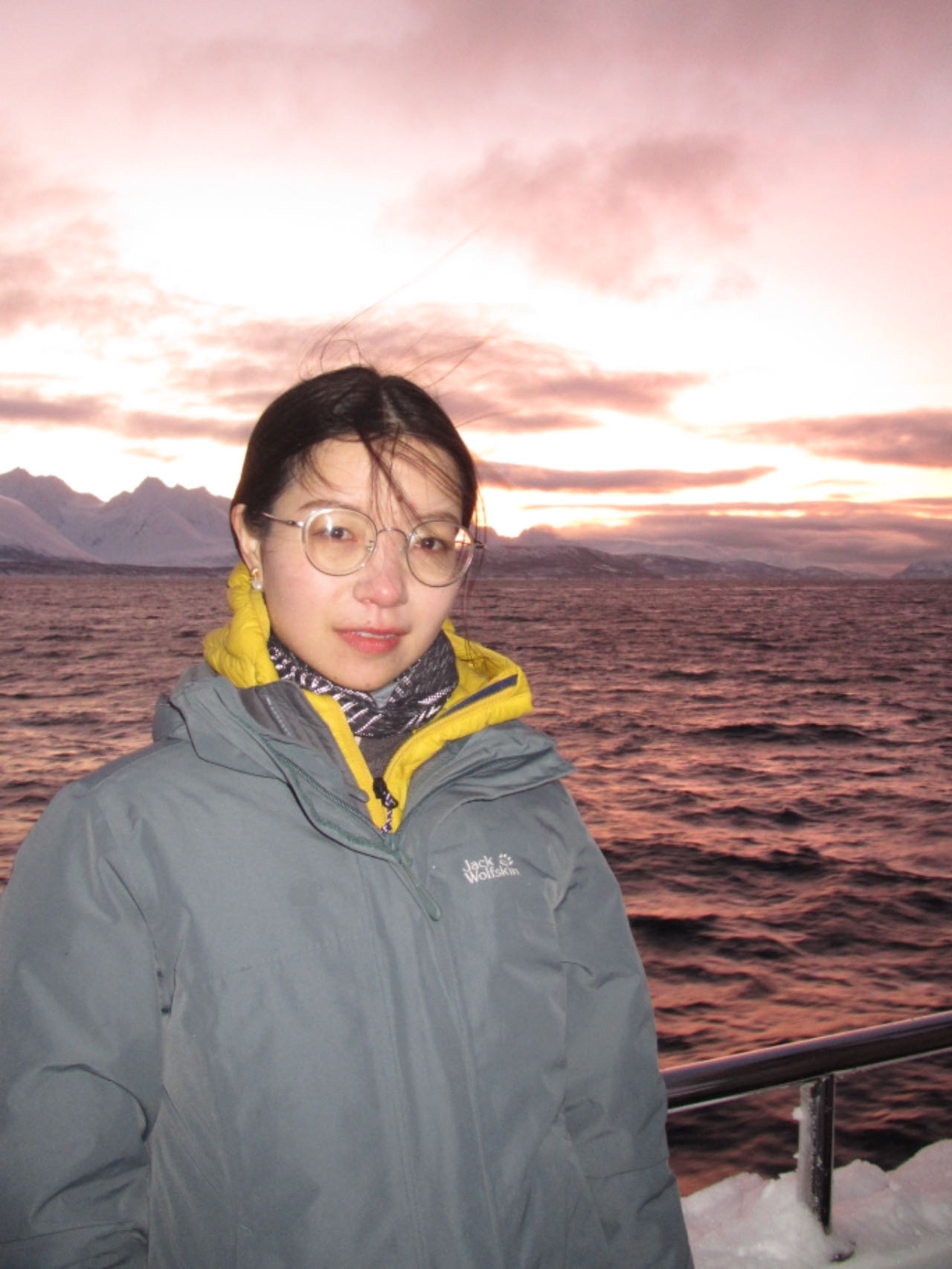Beijing Fang
Contact
Helmholtz Centre for Environmental Research
Department of Computational Hydrosystems
Building 7.1, Room 414
Permoserstr. 15
04318 Leipzig
Germany
beijing.fang@ufz.de

Self-introduction
I’m a postdoc mainly working on multi-hazards (i.e., heatwaves, flash droughts, and floods) under climate change, in terms of their changes in occurrence and characteristics, physical drivers, and potential risks.
My current research focus is spatial compound flooding over Europe (i.e., neighboring rivers flooding simultaneously over multiple basins), which can potentially cause overall impacts that could surpass the sum of individual localized flood events and thus warrant more attention. I plan to detect the spatiotemporally connected large flood events, quantify their characteristics, explore their changes under global warming, and attribute the changes to their corresponding main drivers (e.g., precipitation, temperature, and soil moisture).
I am part of the Compound Environmental Risks Department, led by Prof. Jakob Zscheischler.
Research interests
- Compound Events and Climate events
- Flood identification and attribution
- Interpretable machine learning
Scientific career
since 2023
Publications
- Fang, B., Lei, H., Zhang, Y., Quan, Q., & Yang, D. (2020). Spatio-temporal patterns of evapotranspiration based on upscaling eddy covariance measurements in the dryland of the North China Plain.Agricultural and Forest Meteorology, 281, 107844.
- Fang, B .,& Lu, M. (2020). Heatwave and blocking in the Northeastern Asia: Occurrence, variability, and association. Journal of Geophysical Research: Atmospheres, 125(6), e2019JD031627.
- Fang, B., & Lu, M. (2023). Asia faces a growing threat from intraseasonal compound weather whiplash. Earth's Future, 11(2), e2022EF003111.
- Fang, B., & Lu M. Spatiotemporal varied importance of meteorological forcings in flash drought intensification revealed by explainable Deep Learning. Working paper.
- Wang, T., Yang, D., Fang, B., Yang, W., Qin, Y., & Wang, Y. (2019). Data-driven mapping of the spatial distribution and potential changes of frozen ground over the Tibetan Plateau. Science of the total environment, 649, 515-525.
